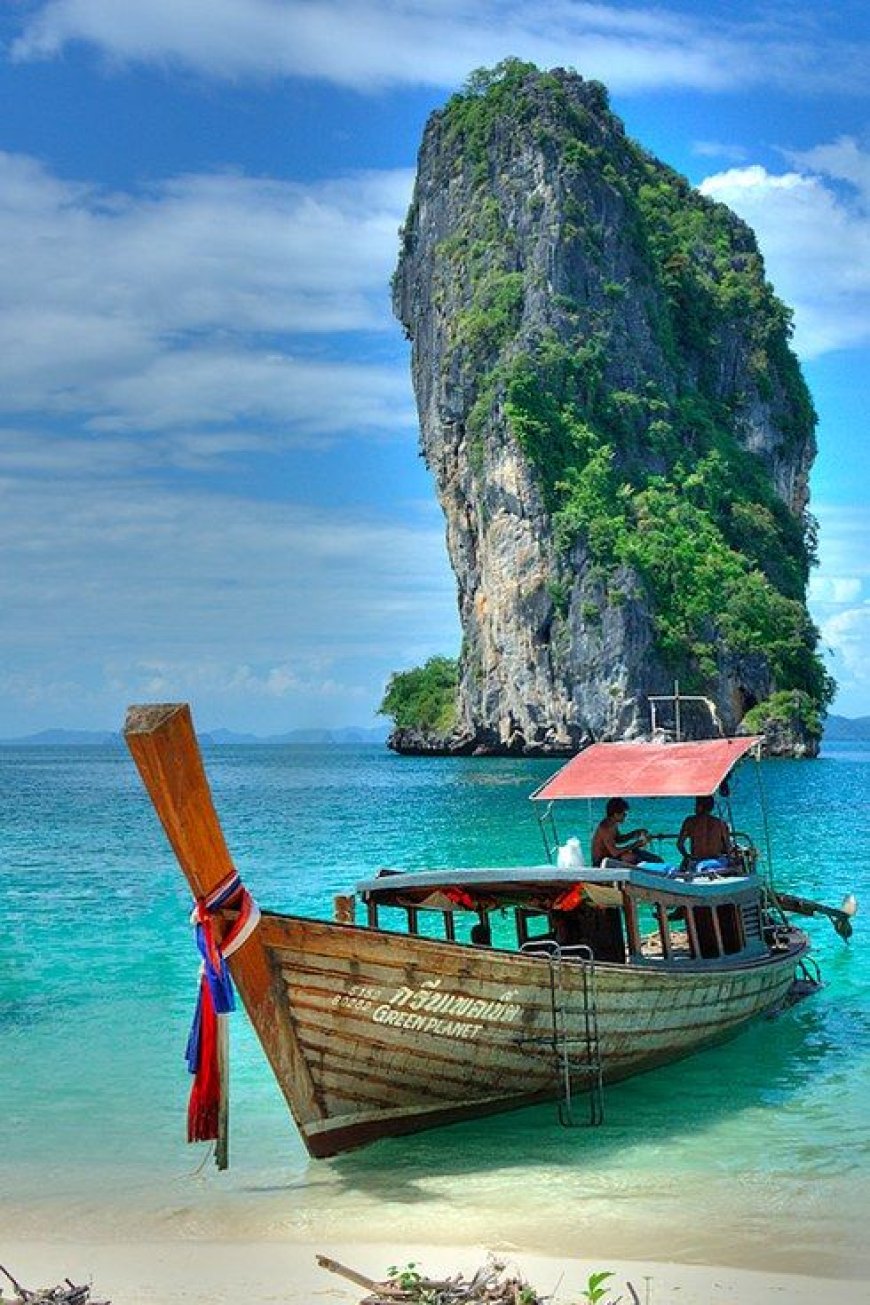Hyderabad Will Soon Have an Artificial Beach – Full Details Inside
Hyderabad will soon have an artificial beach, offering a unique coastal experience in the city with modern amenities & AI features.

Introduction
Hyderabad, known as the “City of Pearls” and a hub for technology, heritage, and modern infrastructure, is set to add yet another attraction – an artificial beach. The announcement has captured public attention as it represents a blend of urban planning, innovation, and recreational development. Unlike coastal cities, Hyderabad has always lacked access to a natural beach, making this initiative a significant cultural and entertainment milestone for residents and tourists alike.
History and Background
The concept of artificial beaches is not new globally. Countries like the UAE, Singapore, and Japan have already experimented with man-made coastlines and artificial waterfronts to boost tourism. In India, while water parks and themed resorts exist, a fully functional artificial beach within a landlocked city like Hyderabad marks a pioneering step. The project is part of a broader vision to develop new leisure zones that combine environmental engineering with urban lifestyle demands.
Authorities have suggested that this artificial beach will not only serve as a recreational spot but also complement Hyderabad’s booming IT corridors, positioning the city as a futuristic blend of tradition, business, and lifestyle.
Which Area Will Host the Beach?
Although official confirmations are pending, reports suggest the artificial beach is likely to be developed near the outskirts of Hyderabad, possibly close to Outer Ring Road or in areas near Shamshabad and Gandipet, where ample space and water reserves can support such infrastructure. Gandipet Lake (Osman Sagar) is being considered as a prime location due to its existing natural reservoir, making it easier to integrate an artificial sandy shoreline with advanced technology.
Expected Date of Launch
While no fixed date has been announced yet, project proposals indicate that the artificial beach could be operational by late 2026 or early 2027, depending on approvals, construction progress, and environmental assessments. Early design phases have already begun, and Hyderabad Metropolitan Development Authority (HMDA) is reportedly reviewing technical feasibility.
Key Points and Facts
-
Artificial Concept: Sand, wave machines, and controlled water bodies will recreate a beach-like experience.
-
Location: Likely near Gandipet or ORR outskirts.
-
Target Audience: Families, youth, tourists, and corporate groups.
-
Technology: Artificial intelligence (AI)-based monitoring systems may be introduced for water safety, crowd management, and eco-regulation.
-
Revenue: Expected to boost tourism, hospitality, and real estate in adjoining areas.
Importance and Significance
Tourism Boost – Hyderabad could attract visitors from across India, reducing dependency on coastal destinations like Goa or Vizag.
Urban Innovation – Establishing a beach in a landlocked city showcases innovation in urban planning.
Lifestyle Hub – IT professionals and local families will gain new recreation opportunities.
AI Integration – Smart sensors and artificial intelligence could be applied to ensure water quality, crowd safety, and overall management.
Advantages
-
Economic Growth: More employment in tourism, food, and entertainment industries.
-
Convenience: Locals no longer need to travel to coastal cities for beach experiences.
-
Modern Identity: Enhances Hyderabad’s global image as a progressive smart city.
-
Sustainability Potential: If built with eco-friendly tech, it could serve as a model for other cities.
Disadvantages
-
High Costs: Construction and maintenance of artificial beaches are expensive.
-
Environmental Concerns: Possible water scarcity and ecological imbalance if not managed properly.
-
Overcrowding: May lead to urban traffic and crowd management issues.
-
Artificial Feel: It may lack the authenticity of a natural seashore.
Positives and Negatives
Positives:
-
Provides Hyderabad with a unique recreational landmark.
-
Encourages urban tourism within Telangana.
-
Showcases technological innovation with AI integration.
Negatives:
-
Risk of being commercially driven rather than eco-friendly.
-
May not meet natural beach expectations for some visitors.
-
Long construction timelines may delay public enjoyment.
Final Thoughts and Conclusion
Hyderabad’s upcoming artificial beach project is more than just a leisure initiative; it is a vision that merges technology, tourism, and urban culture. While the idea is exciting and offers economic as well as lifestyle benefits, it also brings challenges related to cost, sustainability, and environmental responsibility. If executed with eco-conscious planning and AI-based smart management, the project could position Hyderabad as a global example of modern recreational urban development.
As residents eagerly wait for more official details, one thing is certain – the artificial beach will transform Hyderabad’s cultural and tourism landscape, offering a one-of-a-kind experience in the heart of Telangana.

 Ellofacts
Ellofacts 





